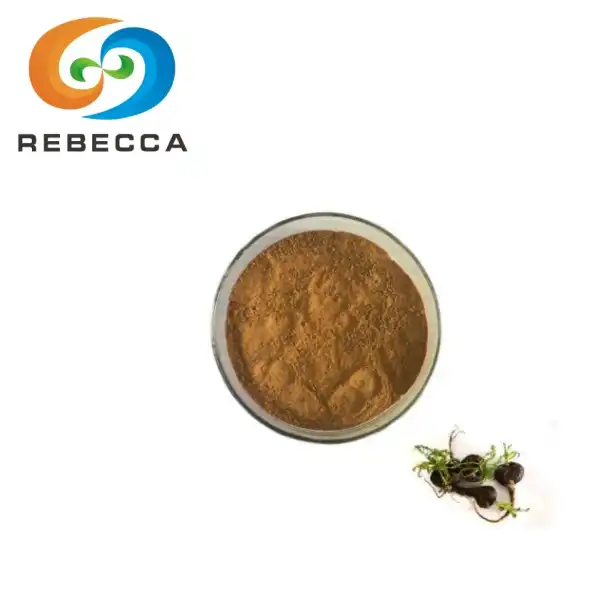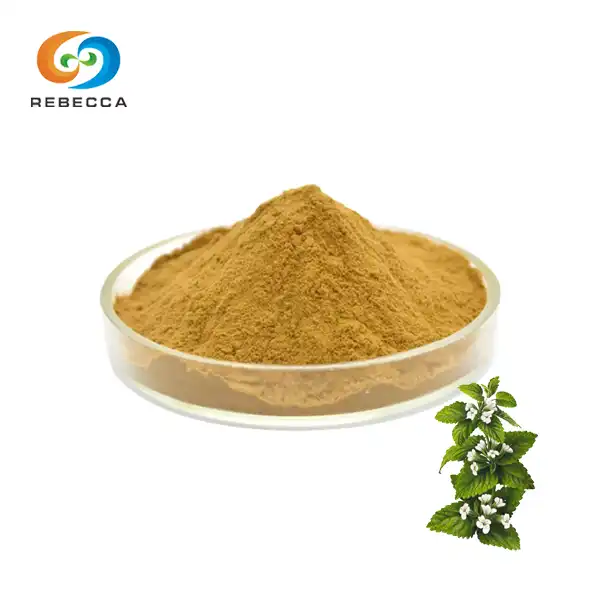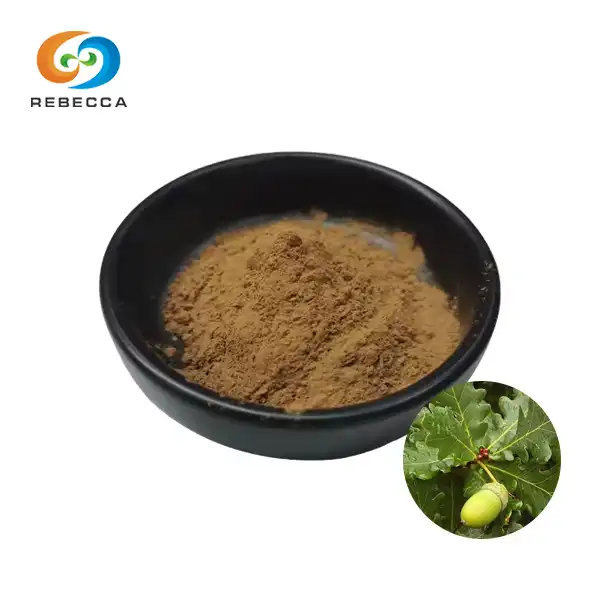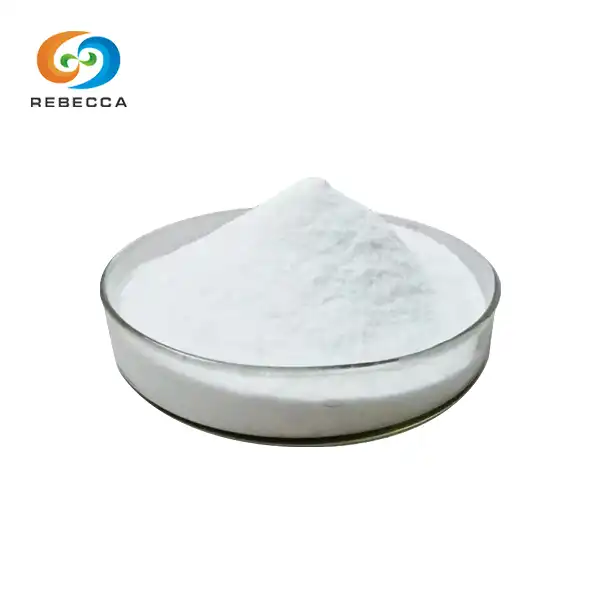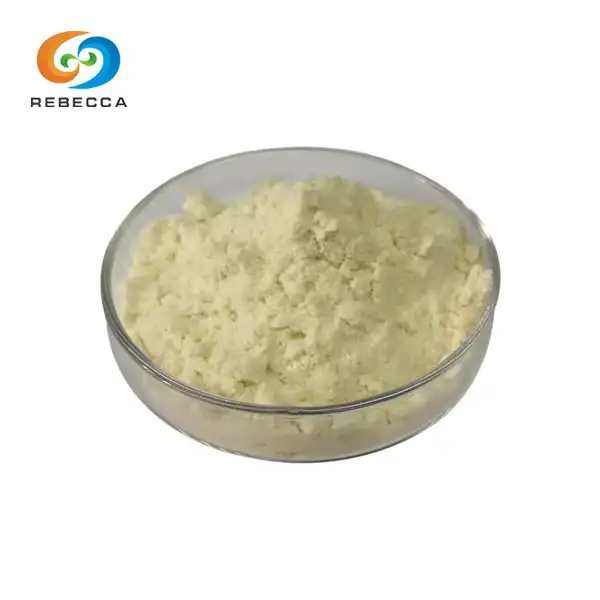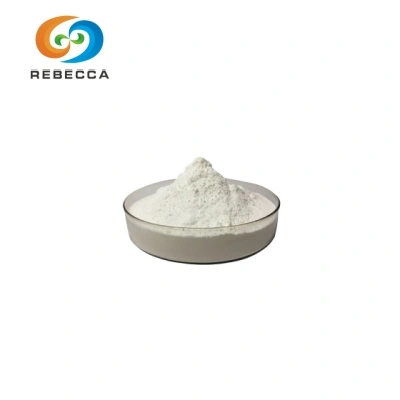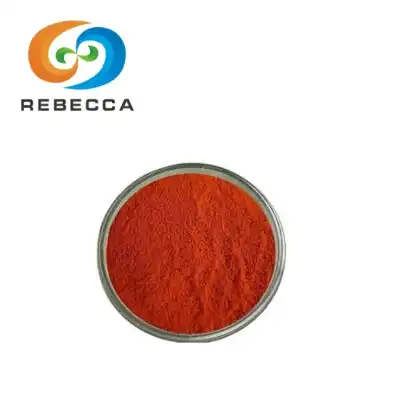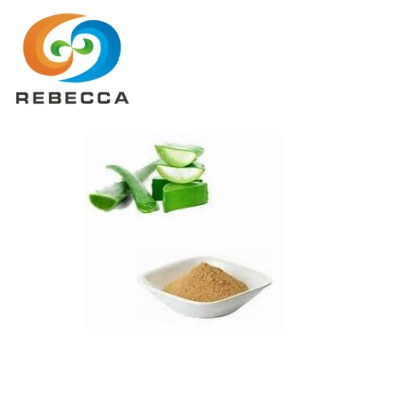What are the active ingredients in pure curcumin powder?
Curcumin, the vibrant yellow compound found in turmeric, has captivated the attention of health enthusiasts and researchers alike. As interest in natural health solutions continues to grow, understanding the active ingredients in pure curcumin powder becomes increasingly important. This article delves into the composition of curcumin, its bioavailability, and the scientific evidence supporting its potential health benefits.
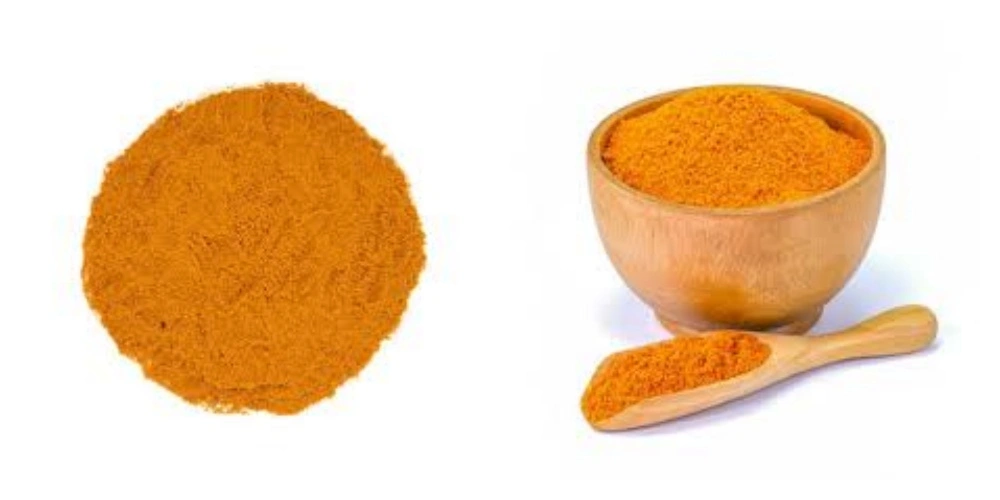
What is curcumin, and why is it the primary active compound?
Curcumin is the principal curcuminoid found in turmeric, a flowering plant of the ginger family. It's responsible for the distinctive yellow color of turmeric and has been used for centuries in traditional medicine practices across Asia. But what makes curcumin so special?
Pure nature turmeric organic is not a single compound but rather a group of related compounds called curcuminoids. The three main curcuminoids are:
- Curcumin (diferuloylmethane)
- Demethoxycurcumin
- Bisdemethoxycurcumin
Of these, curcumin is the most abundant and well-studied. It typically makes up about 77% of the curcuminoid content in turmeric. This golden compound has gained attention for its potential anti-inflammatory, antioxidant, and anti-cancer properties.
The molecular structure of curcumin allows it to interact with various molecular targets in the body. It can modulate important signaling molecules, including inflammatory molecules, transcription factors, enzymes, protein kinases, protein reductases, carrier proteins, cell survival proteins, drug resistance proteins, adhesion molecules, growth factors, receptors, cell cycle regulatory proteins, chemokines, DNA, RNA, and metal ions.
This versatility in molecular interactions is what makes curcumin such a promising compound for various health applications. However, it's important to note that while pure curcumin powder contains a high concentration of these active compounds, the bioavailability of curcumin can be a challenge.
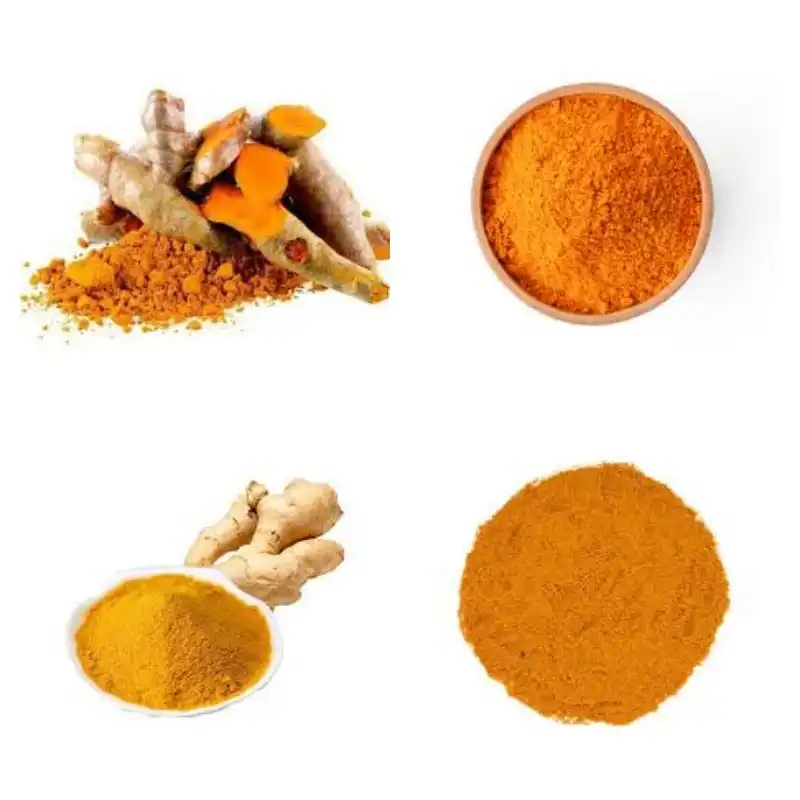
How does curcumin's bioavailability affect its efficacy?
Bioavailability refers to the proportion of a substance that enters the circulation when introduced into the body and is thus able to have an active effect. Despite curcumin's potential health benefits, its bioavailability is relatively low. This means that a large portion of the curcumin consumed is not absorbed by the body and is instead eliminated.
Several factors contribute to curcumin's low bioavailability:
- Poor absorption: Curcumin powder is not easily absorbed from the gastrointestinal tract.
- Rapid metabolism: Once absorbed, curcumin is quickly metabolized in the liver.
- Rapid elimination: Curcumin is rapidly eliminated from the body.
These challenges have led researchers to explore various methods to enhance curcumin's bioavailability. Some strategies include:
- Combining curcumin with piperine, a compound found in black pepper that can increase absorption by up to 2000%.
- Using liposomal curcumin, where the compound is encapsulated in lipid particles to improve absorption.
- Creating nanoparticle formulations of curcumin to enhance its solubility and absorption.
- Combining curcumin with other substances that can improve its stability and absorption, such as certain oils or phospholipids.
These approaches can significantly increase the amount of curcumin that reaches the bloodstream, potentially enhancing its therapeutic effects. When considering pure curcumin powder or curcumin supplements, it's important to look for products that address the bioavailability issue to ensure maximum efficacy.

What scientific studies support the active components of curcumin?
The active components of pure nature turmeric organic have been the subject of numerous scientific studies, exploring their potential health benefits across a wide range of conditions. Here are some key areas where research has shown promising results:
Anti-inflammatory effects: Chronic inflammation is associated with various diseases, including heart disease, cancer, and neurodegenerative conditions. Several studies have demonstrated curcumin's potent anti-inflammatory properties. A 2015 review published in the journal "Molecules" found that curcumin can interact with multiple inflammation-related molecular targets.
Antioxidant activity: Oxidative stress plays a role in aging and many diseases. Curcumin has been shown to have strong antioxidant effects, both directly neutralizing free radicals and stimulating the body's own antioxidant enzymes. A study published in the "International Journal of Molecular Sciences" in 2019 highlighted curcumin's antioxidant mechanisms and their potential therapeutic applications.
Potential anti-cancer properties: While more research is needed, several studies have explored curcumin's potential in cancer prevention and treatment. A 2021 review in the "International Journal of Molecular Sciences" discussed curcumin's ability to modulate various signaling pathways involved in cancer progression.
Neuroprotective effects: Curcumin's potential to protect brain health has been a subject of increasing interest. A 2018 review in the "Journal of Clinical Medicine" examined curcumin's neuroprotective effects in conditions like Alzheimer's disease, highlighting its ability to cross the blood-brain barrier and interact with multiple targets involved in neurodegeneration.
Cardiovascular health: Studies have also investigated curcumin's potential benefits for heart health. A 2020 meta-analysis published in "Phytotherapy Research" found that curcumin supplementation was associated with significant improvements in several cardiovascular risk factors.
It's important to note that while these studies are promising, many were conducted in vitro or in animal models. More large-scale human clinical trials are needed to fully understand curcumin's effects and optimal dosing in various health conditions.

Curcumin Extract Powder Bulk For Sale
The active ingredients in pure curcumin powder, primarily curcumin and related curcuminoids, offer a fascinating array of potential health benefits. From its anti-inflammatory and antioxidant properties to its potential roles in neuroprotection and cardiovascular health, curcumin continues to be a subject of intense scientific interest. However, the challenge of bioavailability remains a key consideration in harnessing curcumin's full potential.
As research progresses, we can expect to see more innovative formulations and applications of curcumin in both dietary supplements and potential therapeutic interventions. Whether you're a health enthusiast or a researcher, understanding the active components of curcumin is crucial in appreciating its potential and limitations.
Looking for a reliable source of high-quality Pure Curcumin Powder? Rebecca Bio-Tech is the professional manufacturer you need. We pride ourselves on delivering stable quality and the most competitive prices in the market. For more information or to place an order, feel free to contact us at information@sxrebecca.com.
References:
- Prasad S, et al. (2014). Curcumin, a component of golden spice: From bedside to bench and back. Biotechnology Advances, 32(6), 1053-1064.
- Kunnumakkara AB, et al. (2017). Curcumin, the golden nutraceutical: multitargeting for multiple chronic diseases. British Journal of Pharmacology, 174(11), 1325-1348.
- Shoba G, et al. (1998). Influence of piperine on the pharmacokinetics of curcumin in animals and human volunteers. Planta Medica, 64(4), 353-356.
- He Y, et al. (2015). Curcumin, inflammation, and chronic diseases: how are they linked? Molecules, 20(5), 9183-9213.
- Xu XY, et al. (2019). The Antioxidant Effects of Curcumin. Current Pharmaceutical Design, 25(10), 1070-1077.
- Giordano A, Tommonaro G. (2019). Curcumin and Cancer. Nutrients, 11(10), 2376.
